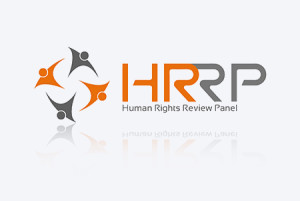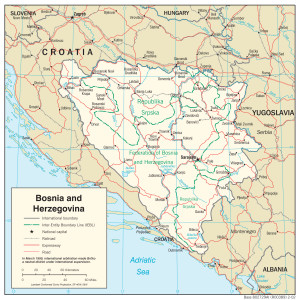While the United Nations Security Council seems unable to reach any agreement on referring the Syrian situation to the International Criminal Court or to set up a special tribunal on the ICTY and ICTR models, European courts have started prosecuting Syrian war crimes.

A grieving man in front of a destroyed mosque in Taftanaz after government forces attacked the town on April 3 and 4. ©2012 Robert King/Polaris
Prosecutions find legal basis in the genocide legislations adopted by most European countries and providing their courts international jurisdiction. About 15 European states have established units dedicated to investigating and prosecuting war and genocide crimes. Over the past decade, authorities in Europe have launched 1,607 international war crimes cases in domestic jurisdictions, including cases on torture, murder, rape, crimes against humanity and genocide, while another 1,339 are ongoing, according to the European Union judicial cooperation agency Eurojust.
In order to build evidence, European authorities are seeking testimony from some of the hundreds of thousands of refugees fleeing Middle East violence, through screening of migrants’ phones or invitations at arrival to testify. The challenge is to identify perpetrators, who may be European citizens who have joined Islamic State - more than 4,000 European citizens are estimated to have left to fight in Syria, of whom around a third have since returned home - others may be militants who have traveled to Europe from Syria or to Europe last year. “You may have lots of victims or witnesses in one place, but you can’t move with a prosecution until you have a perpetrator in your jurisdiction,” said Matevz Pezdirc of the European Union’s Genocide Network.
With both witnesses and perpetrators on their territory, European prosecutors have already brought some cases. A German citizen is on trial for war crimes after Facebook posts showed him posing alongside decapitated heads. Last year, Swedish courts convicted a Syrian on the basis of a video showing him torturing a fellow combatant.



